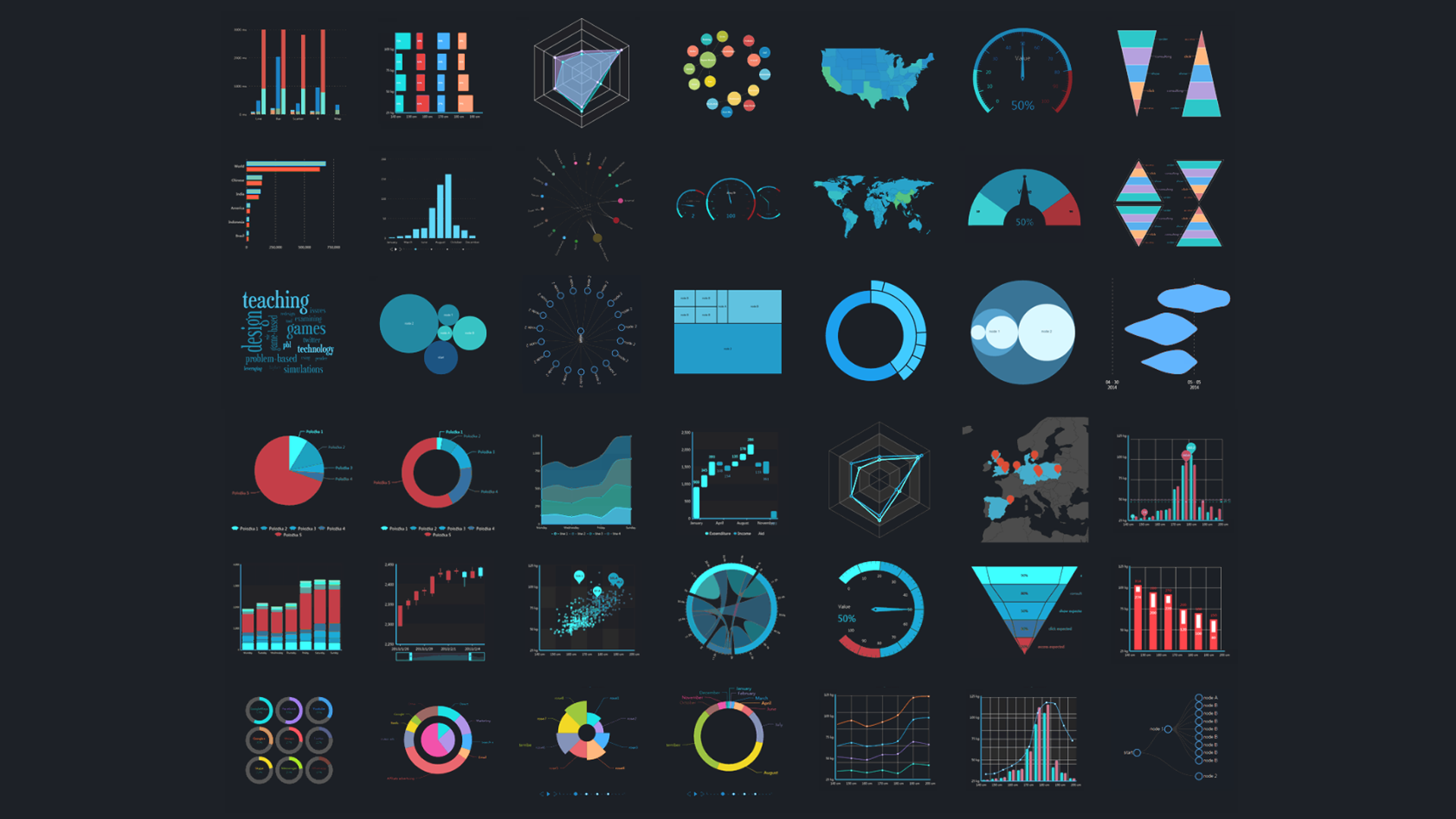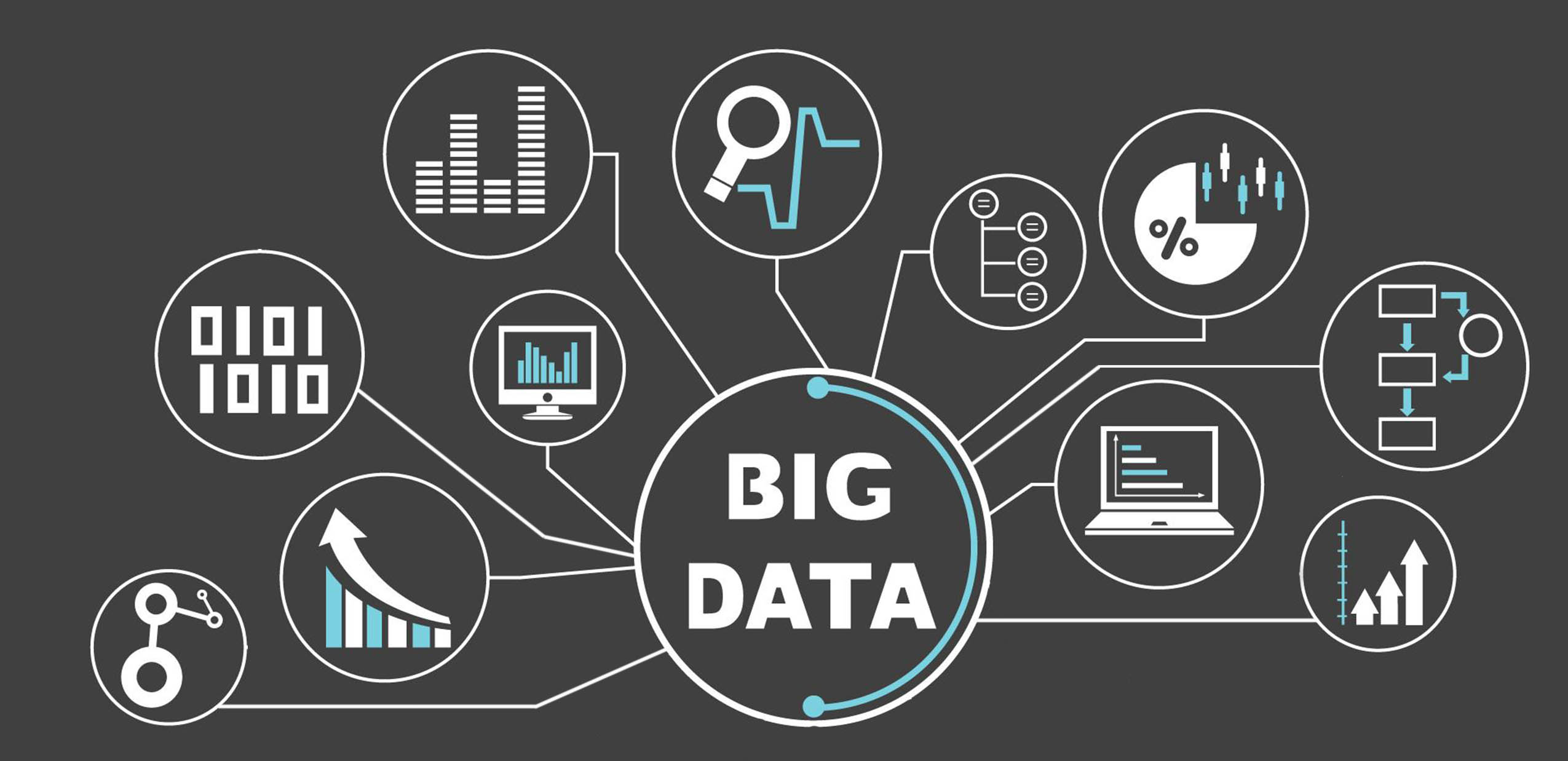Does Data Analytics Involve Coding?
Many of those who might benefit from a business intelligence solution don't bother to look for one. There's a perception among managers and executives that business intelligence tools are baroque, complicated tools that require deep technical knowledge to operate. Often, managers and executives believe that unless they have a staff full of coding wizards, they'll never be able to make full use of their BI tool.
Is there any truth to that perception? Do businesses need access to programmers and developers to properly use a BI tool, or can they manage without? Like most BI questions, the answer is somewhat complicated.
Do I need programmers to implement a BI system?
Implementation is one of the most crucial steps in a business's BI experience. It's where there's the highest chance of problems, and since it differs so much from business to business, there aren't many hard and fast rules.
In general, the implementation process will go smoother if there's someone on the internal team who has some technical expertise. It's not a hard requirement, though, and BI vendors are well-equipped to help those without any technical know-how to implement a tool. If your business doesn't have a deep well of programming experience to pull from, it's a good idea to purchase more consulting hours during implementation so that your vendor's coders can get everything working right.
The more complicated an integration is, the more likely it is that a business will need technical support to get everything working correctly. A small business that only needs to connect to Salesforce and Quickbooks might not need any technical support to do that, while an enterprise that needs to connect to dozens of different tools will most likely need more technical help.
Most BI solutions offer built-in connectors with some of the more common pieces of business software. Businesses that use market leaders like Salesforce, Microsoft Office, and Slack will generally have an easy time connecting their data into their BI tool.
However, BI systems aren't as well-equipped to connect to older or niche systems. Since there's less demand for connectors to these systems, vendors devote less resources to building out connectors for them. Connecting to these tools will generally be more complicated than connecting a more widely used tool, but the process doesn't necessarily involve coding.
Overall, the more complicated you anticipate your implementation being, the more likely it is that you'll need some sort of technical support to make the process easier. If you're worried that your business doesn't have the technical staff necessary to implement a tool, your BI vendor can often provide support of their own for an additional fee.
Do you need programmers to run a BI tool?
In the past, BI tools were complicated systems that really did need a team of technical experts to work correctly. Both feeding data into the system and performing analysis on the data within the system was much harder and more complicated, and anyone who wanted to use a tool like that personally would need a strong understanding of SQL and other scripting languages.
However, most of the market leading BI tools have moved away from this approach towards something that's more user-friendly. It's expected that the most commonly used features in a BI system, things like data connection, transformation, and visualization tools, should be self-service.
A self-service feature is intended to be usable even for people with no technical experience at all. Users don't need to know any code to use these tools, and they don't have to interact directly with the code that powers their tool in any way.
These tools usually still give users the ability to use code within these features, but using code isn't mandatory. If it's a simple enough action, a BI tool will usually have some sort of abstraction or automation that removes the need to ever use code.
It's going to vary from tool to tool which features can be used without any code knowledge, and which require at least a little familiarity with something like SQL. Some tools make an effort to make all their most common use cases completely no-code, while others need some SQL input for basic data transformation and visualization.
Sometimes a feature will allow users to do simple things no-code, but need some coding knowledge to build out more complex operations. For example, Domo allows users to do some basic data transformations no-code, but also lets users input their own SQL commands to build out more complex visualizations.
In general, with today's powerful and intuitive BI tools, users don't need to know how to code to benefit from a tool. Some coding knowledge may help users unlock more advanced applications to make the most of their tool, but it's not a complete barrier to entry like it was in the past.
What sort of features do I need coding for?
Even though many BI tools are transitioning towards self-service in their simpler, more common use cases, there are still situations where users have to use code to personalize their solution. For these more complex features, users may not necessarily need to know how to code, but at the very least, they'll need to understand the code that underlies their system and what needs to happen behind the scenes to make the system work.
Many businesses buy a BI solution specifically so that they can do something complicated with it, like embedded analytics and machine learning. These applications, and other ones like them, require technical knowledge to implement no matter what the actual use case looks like.
If a business want to do something like embed a dashboard or portal into their site, or run a machine learning algorithm on a big data set, or do some sort of complex transformation on their data that's beyond the limits of a no-code ETL tool, they're going to need some kind of technical expert to do that.
Often, these implementations also require code solutions that run on different languages and protocols than the ones that power a BI tool. For example, a developer needs an understanding of things like HTTP and CSS to properly embed a dashboard in a web page. This skillset is different from the one that they'd need to build out complex data transformations in a BI tool using SQL.
Since BI use cases like these are so complicated, they're often only sought out by large companies that have in-house developer resources that they can devote towards the project. However, just because a project like this requires coding, doesn't mean that your business necessarily needs in-house coders to do them. Most BI vendors are happy to lend their experience towards your project for an additional cost.
Do I have to learn code to use a BI tool?
As long as businesses use code-based business intelligence software, data analytics will always involve some sort of coding. Data analysis is so complicated, and no-code solutions are so rigid, that any no-code tool that tries to abstract anything more complicated than the most basic transformations will end up so generalized to be useless.
Coding knowledge is how a business takes an off-the-shelf BI solution and really makes it their own. Some businesses will be happy with their off-the-shelf system, and won't really need or want to customize it. For those businesses, it's OK that they don't have anyone with technical expertise.
However, many companies want to take a general-purpose tool and use it for more specialized work. In these situations, coding skill is what a business needs to implement a more complex solution than the ones that a no-code tool can handle. If you think you'll want to tinker with your BI tool after it's been implemented, then you'll need at least some technical expertise.
In general, it comes down to what you want to use your BI tool for. SImple use cases will be simpler to implement and won't need much technical skill, but more complicated use cases will need more expertise.
For advice on which tools are best for your use case and skill level, contact us today. Our team of experts have years of industry expertise and can match you with the tool that'll be the best fit for your business.
































